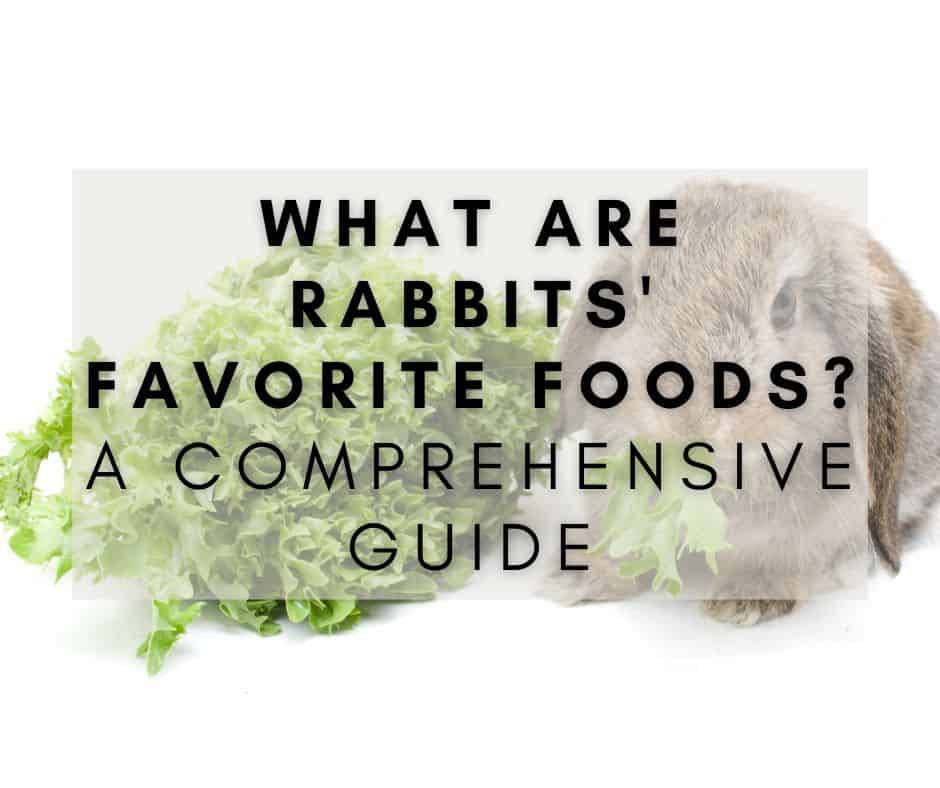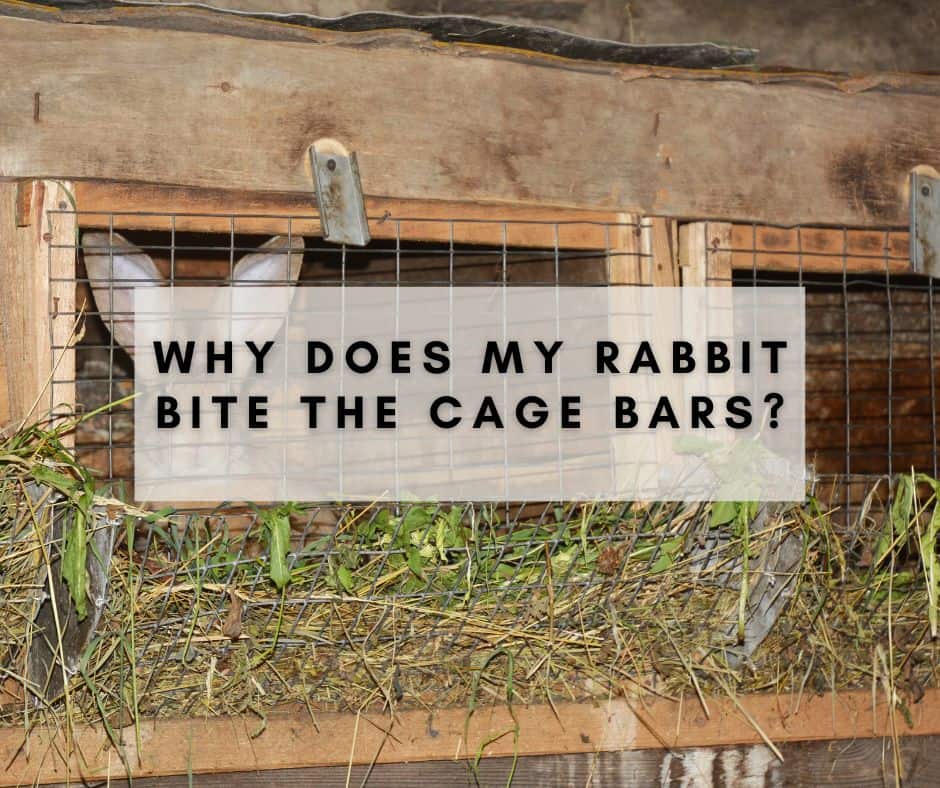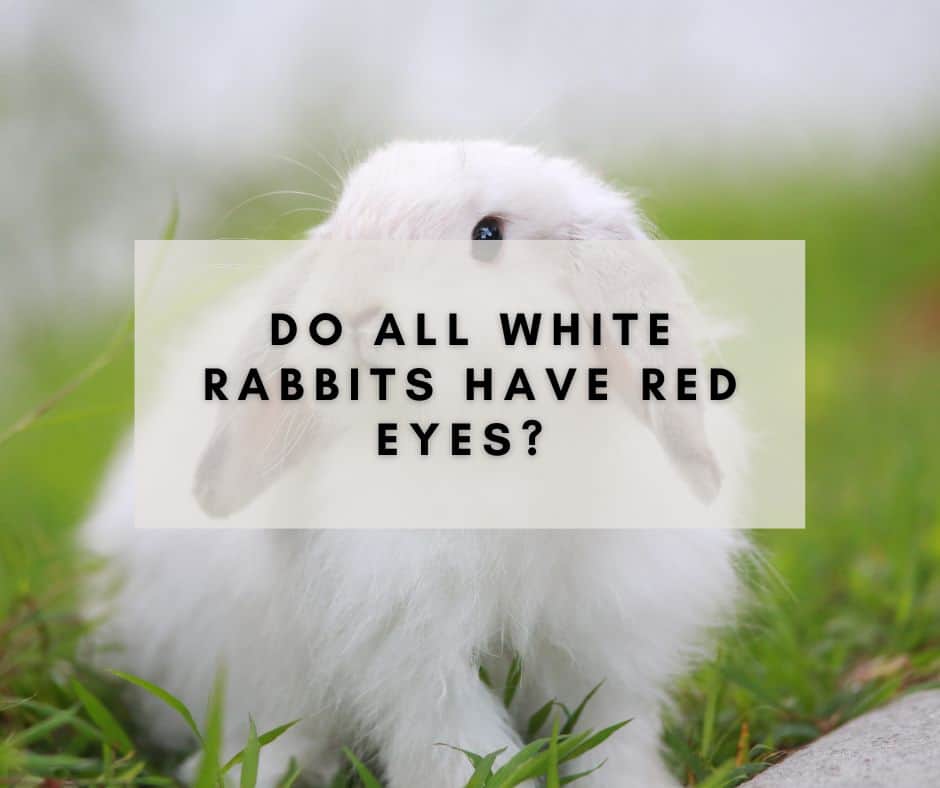Rabbits are known for their love of certain types of food, but what exactly is their favorite? Understanding a rabbit’s diet and eating habits is important for both pet owners and those interested in the biology of these cute creatures.
Firstly, it’s important to note that rabbits are herbivores, meaning they only eat plants. In the wild, they primarily feed on grass, hay, and leafy greens. However, pet rabbits may have a slightly different diet, as they are often fed commercial pellets and a variety of vegetables and fruits.
So, what are a rabbit’s favorite foods? While every rabbit may have its own preferences, leafy greens such as kale, spinach, and parsley are generally a hit. Carrots and fruits like apples and bananas can also be enjoyed in moderation. It’s important to remember that a rabbit’s diet should be balanced and not too high in sugar, as this can lead to health problems.
Contents
What Do Rabbits Eat?
Rabbits are herbivores, which means they only eat plant-based foods. Their diet consists of a variety of vegetables, fruits, hay, grass, and pellets. It’s important to know what foods rabbits love and what foods they should avoid to ensure they stay healthy.
Foods Rabbits Love
Rabbits love fresh vegetables and fruits. Some of their favorites include:
- Carrots
- Broccoli
- Celery
- Cucumber
- Apples
- Grapes
Rabbits also love to eat grass, weeds, and leaves. They enjoy a variety of plants and flowers, such as watercress, arugula, bok choy, and thyme. Hay is an essential part of their diet as it provides fiber and helps keep their digestive system healthy.
We recommend that the majority of your rabbits’ diet should consist of fresh, clean drinking water and high-quality hay and grass. These are essential components for the proper functioning of a rabbit’s digestive system, which is why it’s crucial to ensure a healthy supply. To complement their diet, you may also include some leafy greens and a small amount of pellets.
Foods Rabbits Should Avoid
While rabbits have a wide variety of foods they can eat, there are some foods they should avoid. Foods that are high in sugar, fat, or starch can cause digestive problems and obesity. Rabbits should avoid:
- Lettuce
- Peas
- Cauliflower
- Brussel sprouts
- Human treats, such as chocolate or candy are a strict no-no.
Rabbits should also avoid eating tree bark, pine needles, and shrubs as they can be harmful to their digestive system. Alfalfa hay should be given in moderation as it is high in protein and calcium, which can cause health problems if given in excess.
Overall, it’s important to provide a balanced diet for your rabbit that includes a variety of vegetables, fruits, hay, and pellets. By knowing what foods rabbits love and what foods they should avoid, you can help keep your furry friend healthy and happy.
Feeding Pet Rabbits
Rabbit Diet Basics
Pet rabbits have a unique digestive system that requires a specific diet to maintain their health. They are herbivores, which means they only eat plants. Rabbits have a delicate digestive system that relies on hindgut fermentation to break down food. Hindgut fermentation is a process where food is fermented in the cecum, a part of the rabbit’s digestive tract.
Their diet should consist of:
- Water – Rabbits need access to fresh water at all times. A water bottle or bowl should be provided.
- Pellets – High-quality pellets should be fed in moderation. Pellets should be high in fiber and low in calories. A good rule of thumb is to feed one-quarter to one-half cup of pellets per day per five pounds of body weight.
- Hay – Timothy hay, orchard grass, or meadow hay should be available at all times and should be their primary food intake. Hay is essential for a rabbit’s digestive system and helps keep their teeth healthy.
- Vegetables and Fruits – Fresh vegetables and fruits should be given in small amounts as treats. Vegetables should make up about 15-20% of a rabbit’s diet. Fruits should be given sparingly because they are high in sugar.
- Treats – Treats should be given in moderation. Commercial treats should be avoided because they are often high in calories and low in fiber. Safe treats include small pieces of fresh vegetables and fruits.
Feeding Tips for Pet Rabbits
When feeding your pet rabbit, there are a few things to keep in mind:
- Introduce new foods slowly – Rabbits have sensitive digestive systems, so it’s important to introduce new foods slowly to avoid upsetting their stomachs.
- Provide fresh water daily – A water bottle or bowl should be cleaned and refilled daily to ensure your rabbit has access to fresh water.
- Monitor pellet intake – Pellets should be given in moderation to avoid overfeeding. Overfeeding pellets can lead to obesity and other health problems.
- Offer a variety of vegetables – A variety of fresh vegetables should be offered to provide a range of nutrients.
- Avoid feeding toxic foods – Some foods, such as chocolate and avocado, are toxic to rabbits and should be avoided.
Feeding Wild Rabbits
What Do Wild Rabbits Eat?
Wild rabbits are herbivores and their diet primarily consists of grass, weeds, leaves, flowers, bark, and twigs. The specific types of vegetation they eat can vary depending on the climate and the availability of food in their natural habitat. In general, they prefer fresh, green vegetation and are known to have a sweet tooth for fruits and vegetables.
Feeding Tips for Wild Rabbits
If you want to feed wild rabbits, it’s important to do so in a responsible manner. Here are some tips to keep in mind:
- Offer fresh, clean water in a shallow dish or bowl.
- Provide a variety of fresh fruits and vegetables, such as carrots, apples, and leafy greens.
- Avoid feeding rabbits foods that are high in sugar or fat, such as bread or nuts.
- Do not feed rabbits processed or cooked foods.
- Do not feed rabbits foods that are toxic to them, such as chocolate or avocado.
- Place food in a dish or on a flat surface to prevent it from getting wet or dirty.
- Do not overfeed rabbits and only offer small amounts of food at a time.
- Do not try to touch or pet wild rabbits as they are easily frightened and may become aggressive.
By following these tips, you can provide wild rabbits with a healthy and balanced diet while also respecting their natural habitat. Remember to always observe rabbits from a distance and avoid disturbing them.
Conclusion
Rabbits are known for their love of fresh, green vegetables, hay, and fruits. They can eat a variety of foods, but their favorite foods are those that are high in fiber, low in sugar, and provide essential nutrients.
While rabbits are herbivores, they have a few predators, including foxes, wolves, and birds of prey. To protect themselves, rabbits have developed several survival tactics, including burrowing and hiding in dense vegetation.
Like all baby animals, baby rabbits require specialized care and feeding. They are born blind and helpless, and their mothers nurse them until they are old enough to eat solid foods.
The European rabbit is the most common species of rabbit and is widely distributed throughout Europe, Asia, and parts of Africa. They have a complex social structure and live in large colonies, making them a fascinating subject for biologists.
In conclusion, rabbits have a unique biology and set of habits that make them fascinating animals to study. By understanding their favorite foods and how they interact with their environment, we can better appreciate and care for these adorable creatures.




